Downloadable A Different Light – 13th May 2023 – Disability needs a greater National Advocacy Service
An investigation has recently been launched by the Health and Disability Commissioner after a volunteer disability advocate lodged a complaint calling for an independent investigation into the National Advocacy Trust. He claimed that Board Members of the Trust have obvious conflicts of interest that have not been addressed or resolved. Hmmm Advocate verses Advocates.
Over the years we (Tiaho Trust) have had a good relationship with the National Advocacy Trust. Their local Whangarei based advocate was very professional, articulate, and vocal (particularly in her education sessions). She knew the Health and Disability Consumer Code of Rights back to front and kept her practice within the scope of the code. Hence the good relationship.
The National Advocacy Trust effectively deals with complaints that come under the Health and Disability Consumer Code of Rights which are:
- The right to be treated with respect.
- The right to freedom from discrimination, coercion, harassment, and exploitation.
- The right to dignity and independence.
- The right to services of an appropriate standard.
- The right to effective communication.
- The right to be fully informed.
- The right to make an informed choice and give informed consent.
- The right to support.
- Rights in respect of teaching or research.
- The right to complain.
This is obviously far-reaching legislation that covers a variety of issues in the Health and Disability sector, however it does not cover one critical issue: access to services.
Sometimes this is misunderstood. For example, ‘the right to support’, doesn’t mean the right to have support services- it means the right to have a support person come with you when receiving a health or disability service.
In my experience ‘access to services’ is a key issue for disabled people and their whanau. Often they are unable to access an obviously suitable and necessary service because they don’t meet certain criteria or for a raft of other reasons, which often appear to defy common sense. Whatever the rationale, the result is that they are not getting services.
Disability is very broad, diverse and sometimes complex. The services that support them need to be equally diverse and access to their services is sometimes complex. Often decisions regarding whether or not someone receives a service, is down to an individual’s staff member’s decision. Sometimes a decision that is made is wrong. This is where there is a frequent need for a strong, independent Advocacy Service, one that can go beyond the Code of Rights above. One that understands the nuances and processes that are involved. So, while the National Advocacy Trust can deal with issues such as lack of respect or lack of information, they would not take on issues to do with access to services. We (Tiaho Trust) would do our best to assist in such matters.
In 2008 the Social Services Select Committee undertook an inquiry into the quality of care and service provision for people with disability. This was a far-reaching enquiry that called for submissions from the disability sector and the community. We made a written submission calling for a National Advocacy Service that could deal with disability issues in a broad sense and not just issues that came under the Health & Disability Code of Rights. I made a verbal submission in person to that committee. One of the committee members brought up the fact that there was already that there was already a National Advocacy Trust and asked why that was not sufficient. I went into great detail to explain that these services only operated within the scope of the Health & Disability Code of Rights and that they did not cover access to services. I remember the glazed look of the committee members when I tried to explain this and at the time thinking ‘I wish I had brought some glove puppets to explain this to the esteemed members’. With the roll out of “Enabling Good Lives”, Nationally, I really hope that this supports the development of broad ranging advocacy capability within the disability community.
Postscript: In my last column I wrote about our dog Alfie and his deterioration in health. Since then, he has perked up considerably. While he is limping badly, he is wagging his tail and has stopped whimpering. Maybe he heard us talking about taking him for a one-way trip to the vet and pulled himself together. Maybe he is many disabled people, who when they get an impairment, draw on their resiliency, learn to adapt and realise it’s not the end of the world.
Jonny Wilkinson is the CEO of Tiaho Trust – Disability A Matter of Perception, a Whangarei based disability advocacy organisation.
